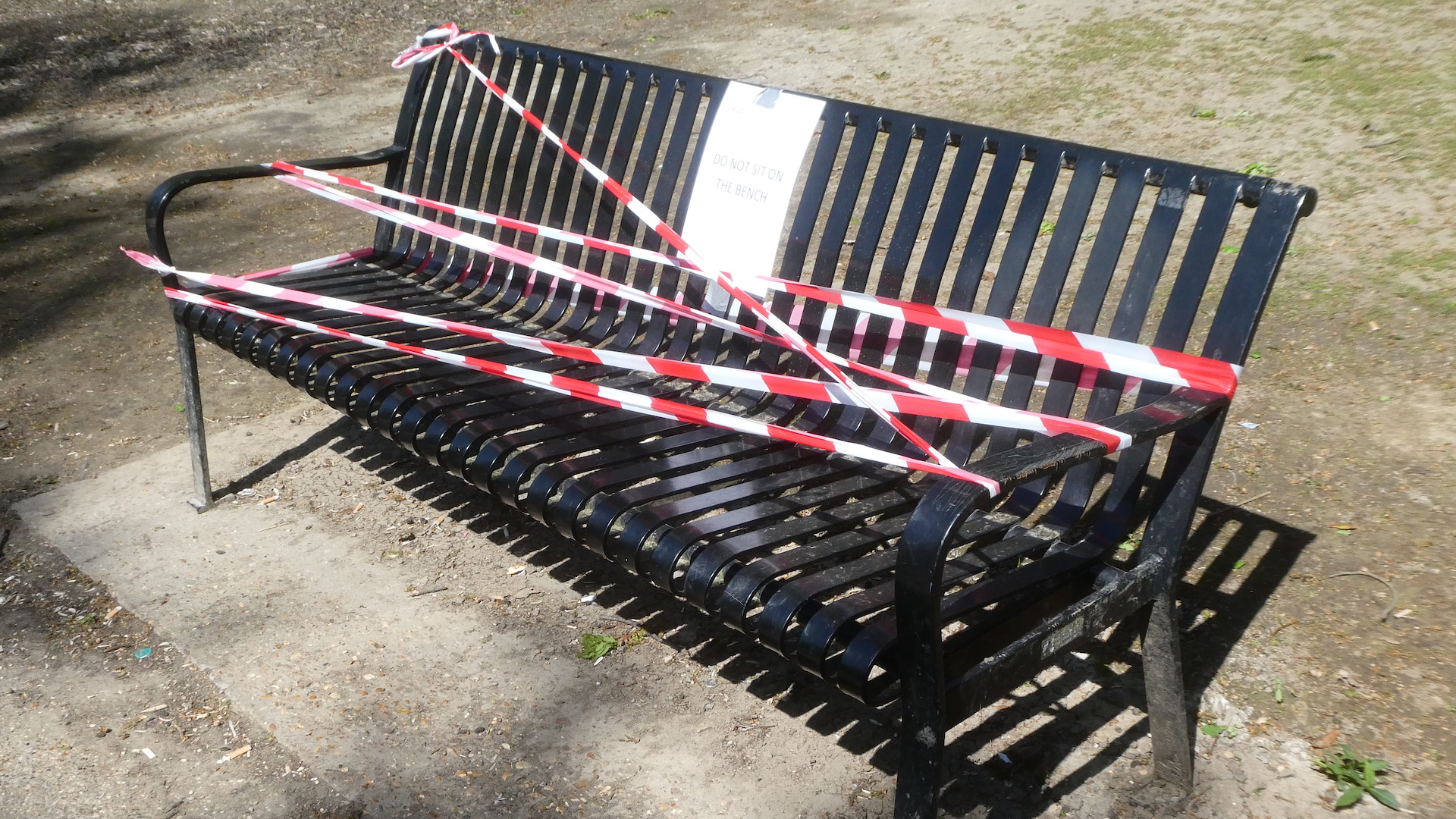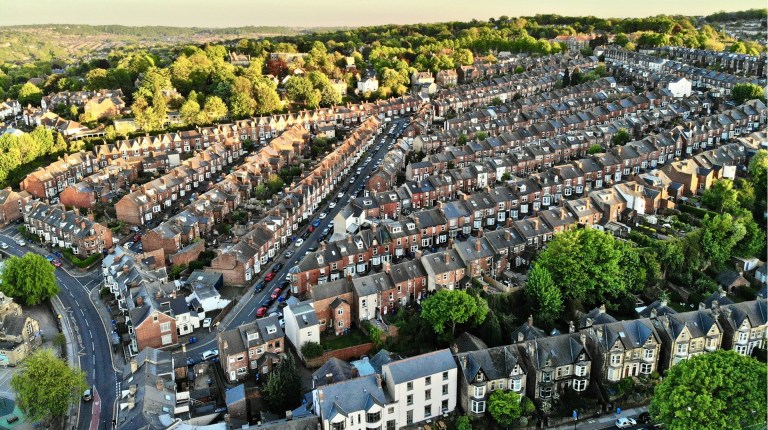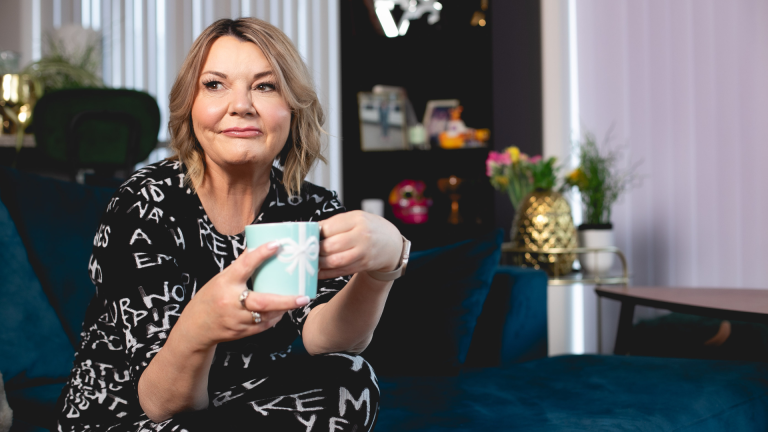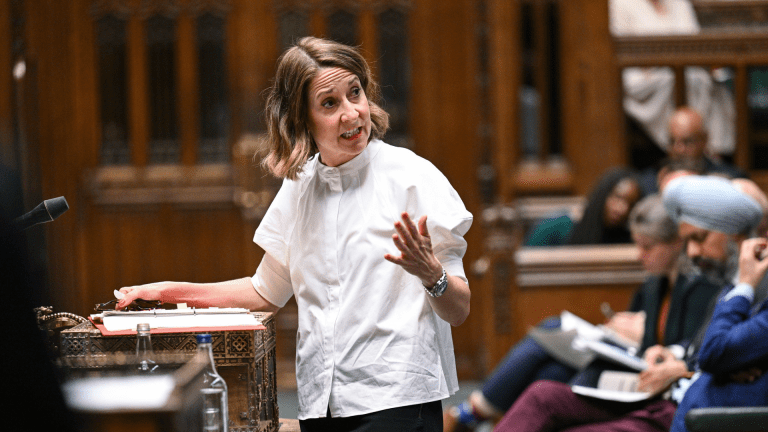Some portions of the ruling class have thrived in the pandemic. Big technology companies involved in social media and home deliveries have seen their share prices soar whilst online companies have swallowed up high street retailers.
The ruling class never really suffer and although some have lost millions we have yet to see any former billionaires queueing at food banks. Similarly, the ruling class put their own personal health interests first. Although we think that preppers and survivalists are a subculture of the rural, gun carrying, working class in the United States, the ruling class are the biggest survivalist market. For $5,000, Costco will sell you a bunker’s worth of food supplies. The cheaper option is $3,000. Private islands, desert fortresses, luxury panic rooms, private medical teams and elite security guards were items high on their pandemic shopping lists.
The concept that the working class are deprived of necessities so that they are forced to work for whatever wages of jobs are available – immiseration – is a well sharpened weapon of capitalists. Three centuries of building and working in the factories and hospitals of the country, generating profits for the rich, makes tokenistic furlough and ‘eat out to help out’ seem like small change for the working class in the pandemic. Moreover, we have seen ‘viral immiseration’ where working people are given no choice but to work in dangerous pandemic conditions. Jobs in warehouses, construction and care have the highest disease and death rates.
Again and again, the models put forward by government and public information privileged a middle-class way of acting and behaving.
Culturally and economically, the response to this pandemic has been in the interests of the middle class. The initial advice on self-isolation and quarantine assumed a large house with a bedroom for every individual and at least two bathrooms. In behavioural models, and in public information, health was made to be a matter of social etiquette. Work from home, ministers said, and be serviced by couriers hand-delivering groceries, books and games door to door. Stay in and watch Netflix while front-line workers who get public transport and can’t afford to self-isolate die in droves. Again and again, the models put forward by government and public information privileged a middle-class way of acting and behaving.
In the media, international and business travel received barely a whisper, but pictures of people in parks were a cause for national outrage. The middle classes may have a nice garden to relax in, but if you live in an urban block of flats where else are you meant to go? . Authoritarian policing has targeted working class people, particularly if they are Black or Asian. Bizarrely, the left and even some anarchists are advocating more restrictions on freedom.
Although we are trapped where we live unless we have a ‘reasonable excuse’, obviously including work, we are never at peace from the ruling class war from above.
What can working class people do to make their own situation better, when governments and financial elites want to exploit them, and middle class people want to hold onto their privileged status by judging the working class and shaming their behaviours? The working class already has a weapon of resistance at their disposal: what anarchists and other radicals call ‘Mutual Aid’. It simply means people getting together to help one another without asking the government for permission or assistance.
People have always done this – whether it’s caring for sick members of their family, or helping their neighbour out with shopping, to more organized actions like helping a group of people resist eviction from their home. Mutual Aid happens regardless of the state – however, sometimes the government is minded to take advantage of this tendency of people to help each other by viewing it as an alternative to state benefit, welfare and fair wages, for example, by calling on people to volunteer for the NHS or their local food bank, rather than paying nurses more or increasing welfare benefits.
Does this mean that Mutual Aid is useless as a weapon of class war? No, because when people come together and form deep social bonds and community connections, they will become minded to protect these – which will eventually bring them into conflict with the government, since the government seeks to capitalise on all social relations. Although we are trapped where we live unless we have a ‘reasonable excuse’, obviously including work, we are never at peace from the ruling class war from above.
John Preston and Rhiannon Firth work at the Department of Sociology, University of Essex. Their new book, Coronavirus, Class and Mutual Aid in the United Kingdom is out now (Palgrave, 2020) available for £15.99 as an ebook or £19.99 in paperback.










